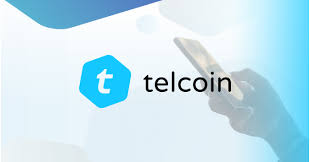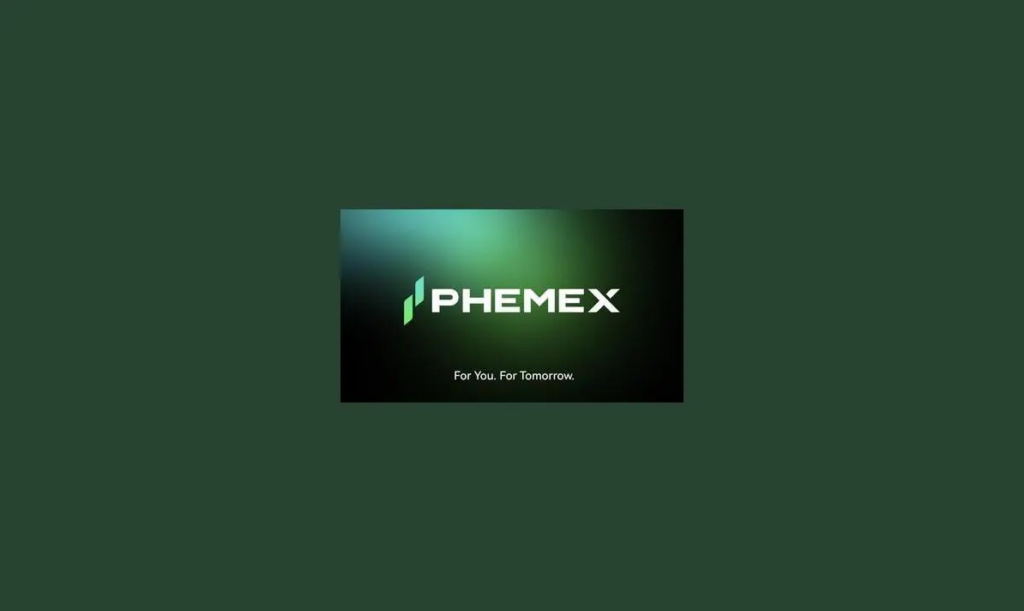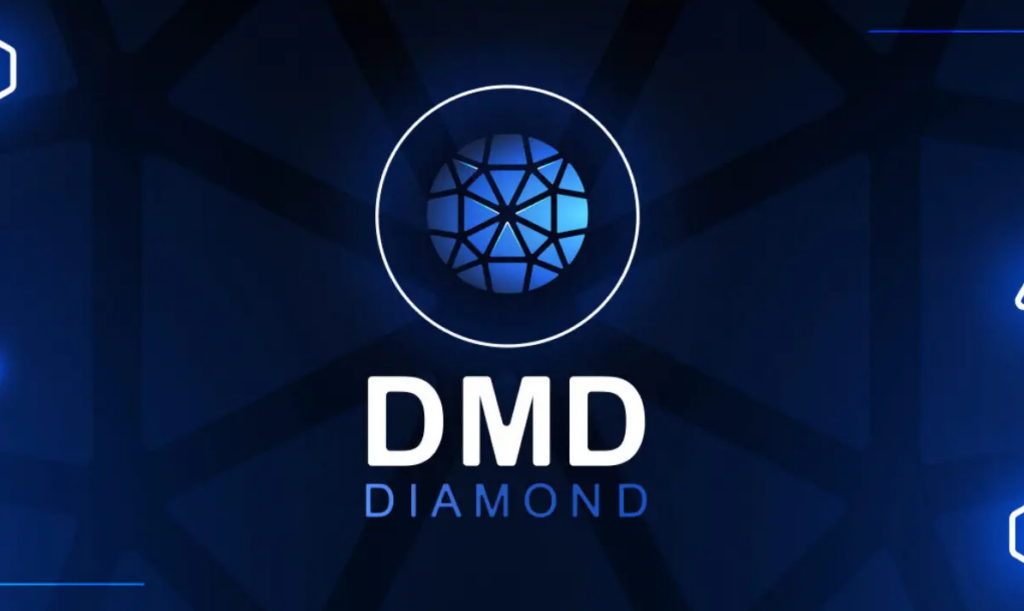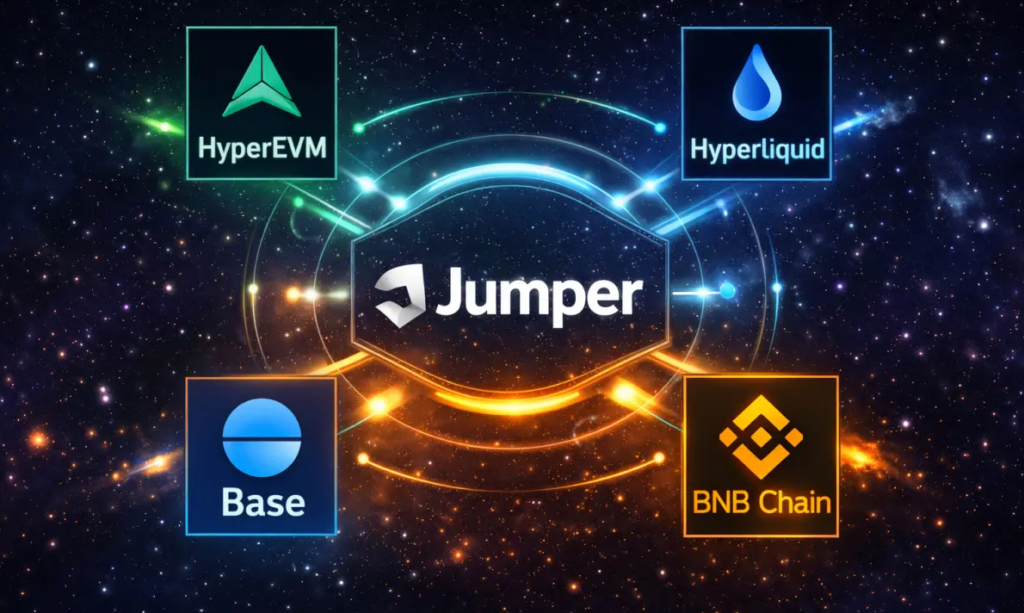The Nebraska Department of Banking and Finance has approved Telcoin, Inc. to become one of the first federally regulated digital asset depository banks in the U.S. This decision follows a public hearing in December 2024 and is a major step in integrating digital assets into traditional banking.
Telcoin submitted a comprehensive business plan with hundreds of pages and 29 appendices. This plan outlined how Telcoin intends to issue US dollar-backed stablecoins, called “Digital Cash” or eUSD. These stablecoins aim to ensure safe storage and smooth integration into mainstream finance using independent node verification networks.
To start operations, Telcoin must follow strict guidelines. The approval was granted based on assurances that the bank will operate safely. Testimonies from the public hearing and the thorough business plan were crucial for this approval.
Telcoin must maintain liquid assets in US dollars equal to 100% of the value of any stablecoins it issues. This requirement is to ensure financial stability and protect consumers. Additionally, Telcoin must provide a surety bond or asset pledge of $1 million and secure $10 million in insurance for its directors, officers, and IT infrastructure.
All US currency from customers must be held in FDIC-insured institutions in Nebraska to safeguard deposits. Telcoin is also required to engage with the community by maintaining a public file on its efforts to meet community needs, including financial literacy programs for students.
Moreover, Telcoin must clearly inform customers that digital asset deposits are not FDIC insured and highlight the risks involved. The company must use its full legal name, “Telcoin Bank, a Digital Asset Bank,” in all communications.
Telcoin will pay a charter fee of $50,000 and cover the costs of the approval hearing. Any significant changes in Telcoin’s situation before it fully operates could affect its approval status.
With these conditions, Telcoin is ready to begin operations, marking a significant moment for digital assets in the banking sector. This approval may lead to more innovations in finance while ensuring safety and consumer education.



